Okay, including the Monogatari series in my 2010s Retrospectives is kinda cheating, since the books started in 2006 and the anime started in 2009. But it was a phenomenal success that shaped the entire anime industry throughout the 2010s. And it’s worth mentioning when we look back at the decade. It was REALLY influential!
The premise of the entire series is simple: Characters’ mental illnesses manifest in supernatural form. And each story plays like a weird teen mystery novel.
Simple, but ripe for a billion entries in this extremely long series.
(Extremely long and extremely strange to follow through: Use this reading/viewing order to make sure you don’t miss anything!)
The first show, Bakemonogatari, is an anime classic that has some of the coolest style in the medium. With film-style cinematography, a winding story with long stretches of dialogue and slow mystery hashing. It’s filled with controversy and overindulgence that will turn many people off, but it certainly never bores.
Besides just being a very good show, it gave the world something extremely important that resonated throughout the decade—many, many waifus. A whole army of them.
Army of Waifus

Basically there is a female character of every conceivable personality type and design, just like all waifu animes. But because of the way the story is structured, they are also very good characters! Each character gets their own story arc somewhere down the line. Each character gets fleshed out, all their issues thrown out for the world to see. Each character, even the minor ones, are so filled with personality quirks and charm that there’s basically a fanbase for every single one.
The latest anime trend towards massive casts of overdesigned female characters probably comes more from idol groups than anything else. But I can’t imagine that the Monogatari Series didn’t have an incredible impact on it as well. The cast grows very large, and almost every single character is a candidate for Best Girl.
Especially Kaiki Deishuu.
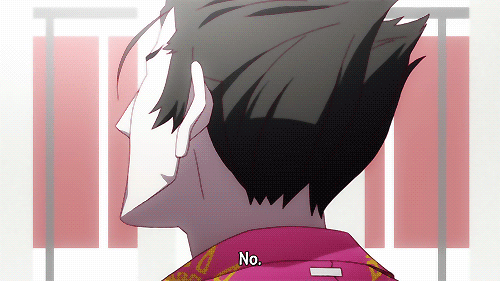
Monogatari Continues
As the series went on, it gained a very complicated status with all its continuations. There’s something like eight anime series and miniseries as sequels, plus a prequel movie trilogy. There’s a series called “Second Season” that is actually the fourth entry, and in that season the chronology of events goes completely out of whack. One story arc takes place concurrently to another story arc many books later. Another takes place after the main plot has already ended. Another involves time travel and makes everyone angry. Overall, though, figuring out the ridiculous timeline is just part of the fun.
(And, once again, you’re probably gonna need this reading/viewing order list…)
The Monogatari Series has always been gigantic in Japan, with at least one series or miniseries releasing every year for the entire decade. However, it’s actually not that popular in the West. The book series has seen fantastic releases by Vertical Entertainment and the and the animes have at least been released in limited edition blu-ray form, but… it’s still never made a major impact. Stuff like Kill La Kill and Attack on Titan, One Punch Man and Kimetsu no Yaiba—that’s the sort of stuff that does super well in the West. Unfortunately, the Monogatari Series is a bit too idiosyncratic and weird to go that far.
But I still eat it all up. In fact, the first big trip I took by myself in Japan, way back in 2016, was for this series. And Madoka. But still. I went to the Madogatari Exhibition in Tokyo! Though… Clearly my Kindle Fire’s camera wasn’t up to snuff…
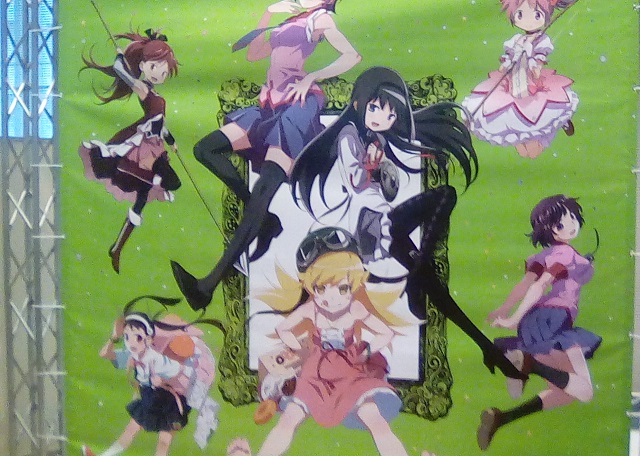
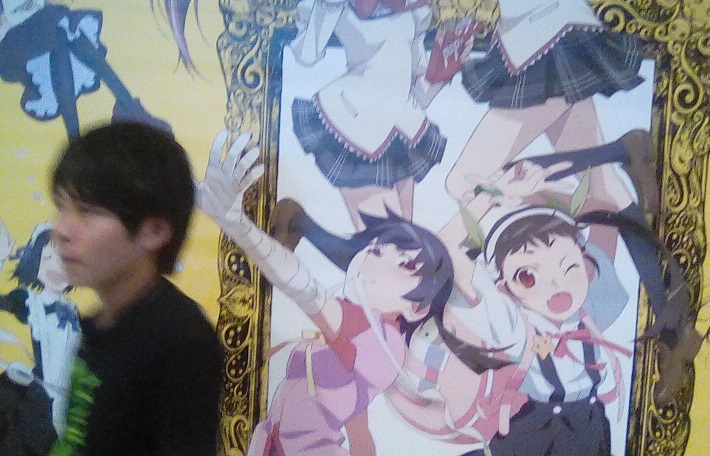
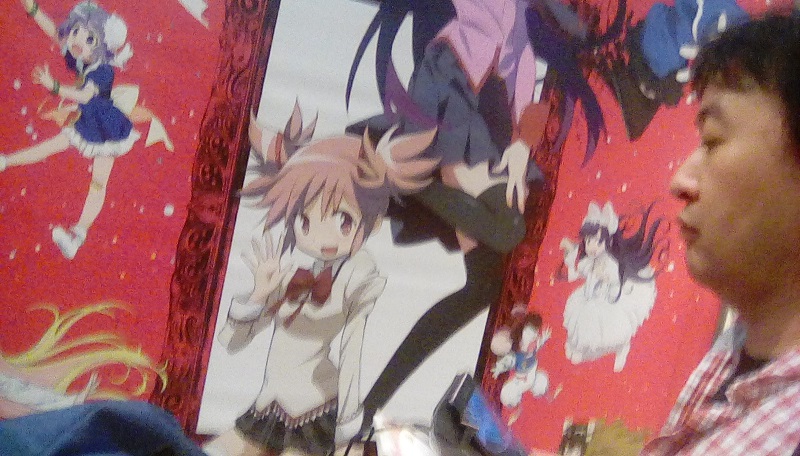
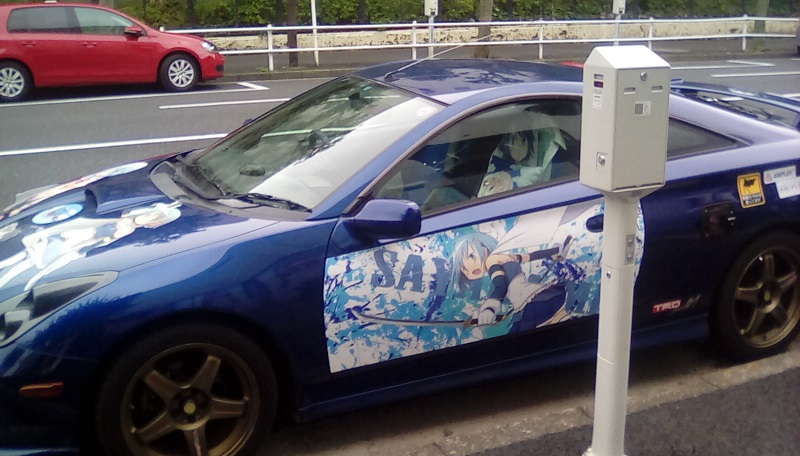
I really love Nisioisin’s work. He turns everything he writes into weird detective books, and they almost always throw me for a loop because I’m not smart enough to see through his twists and turns. But most of all, his characters are so, so good. And the Monogatari Series has proven that time and time again all throughout the 2010s.
Monogatari Continues…?
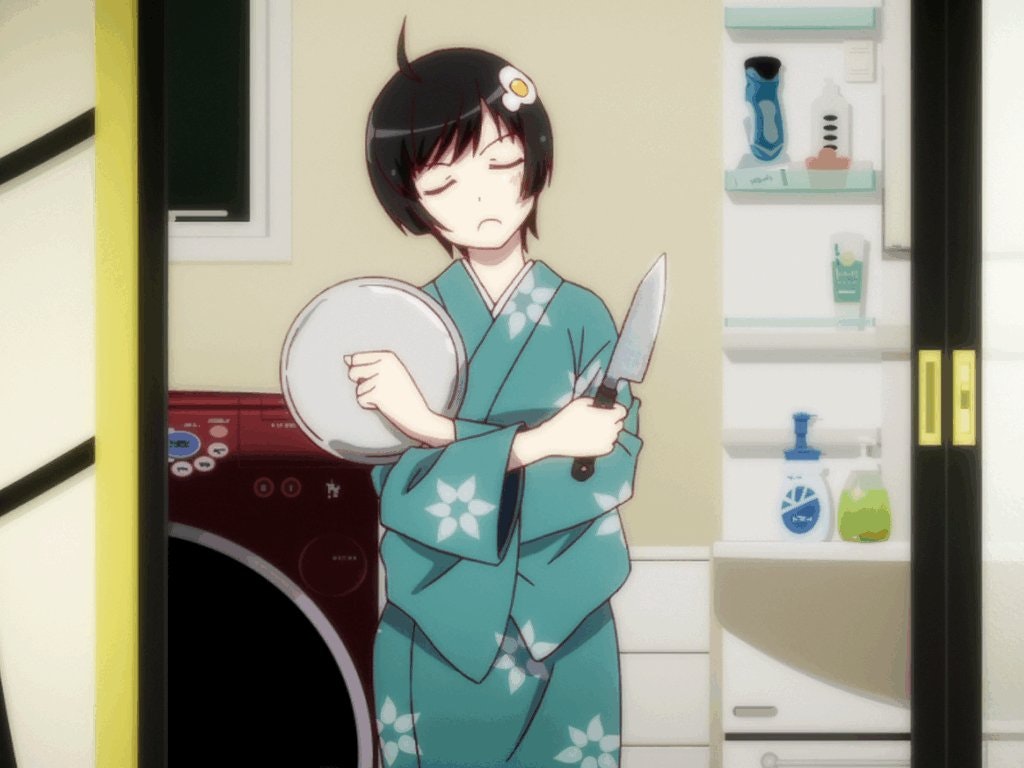
The main series actually finished up in 2019 with Zoku Owarimonogatari, a finale movie that, like usual, takes you for a real magical mystery ride (and incites some controversy). But there’s actually still ten more books left to adapt! There are four books that cover side stories throughout the timeline (further complicating the convoluted mess), and six more that are apparently the new adventures of the heroes at university. Those aren’t all out yet so it’s still a bit unclear, but Studio SHAFT has vowed to adapt every last bit of Monogatari material, so we’ll see eventually.
Does that mean Monogatari’s everlasting presence throughout the 2010s will continue into the 2020s as well? Yes, it probably does. My grandchildren will probably still be waiting on the next Monogatari Series release when they are teenagers and Nisioisin is at the spry young age of 110. Nothing will ever change there.
—
Liked this article? Read another one of my anime-related 2010s Retrospectives, this time about Hibike! Euphonium.
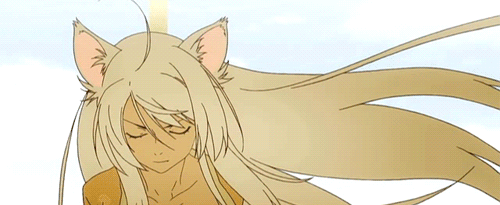
Hey, I wrote a whole book about Madoka Magica, my favorite anime, and its influence on the world and on my life. Please check it out!
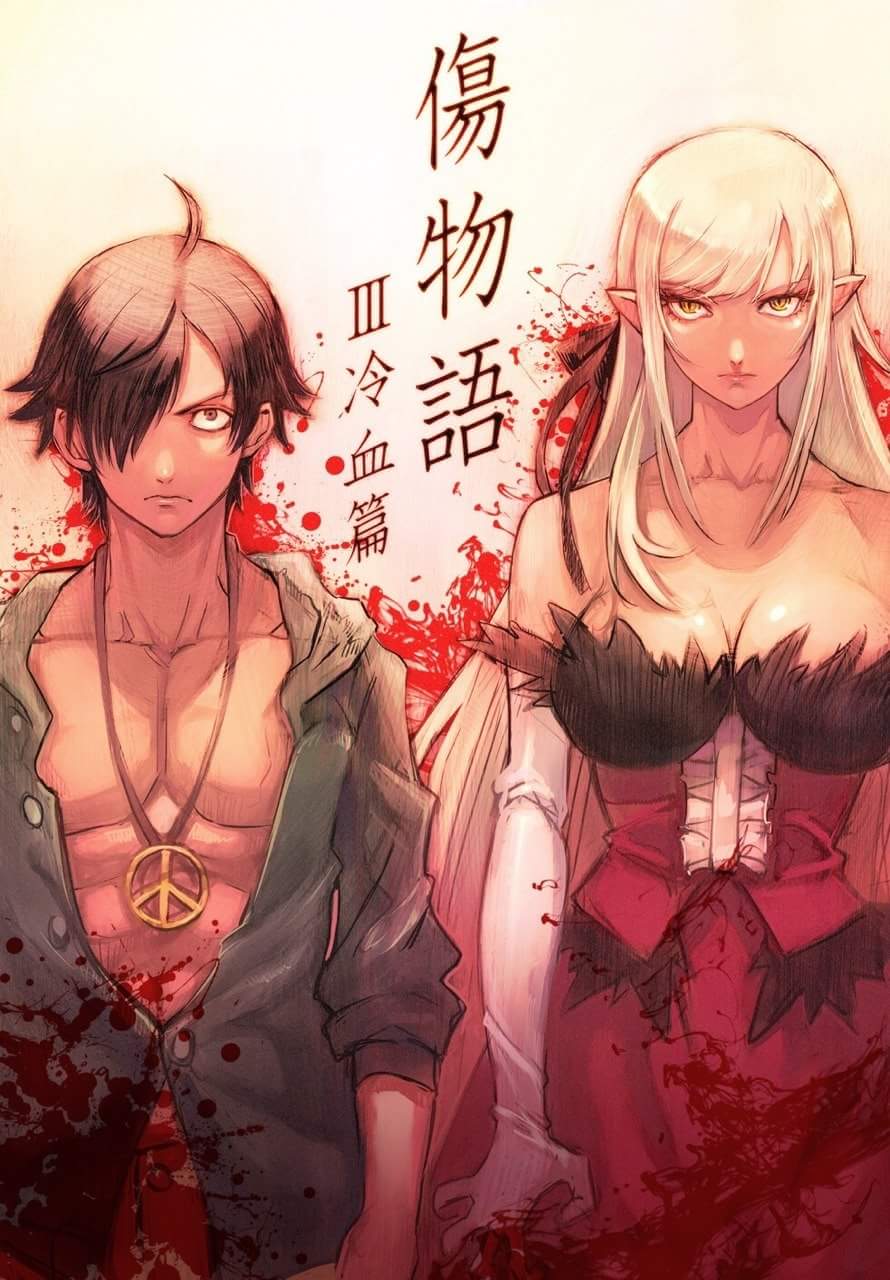
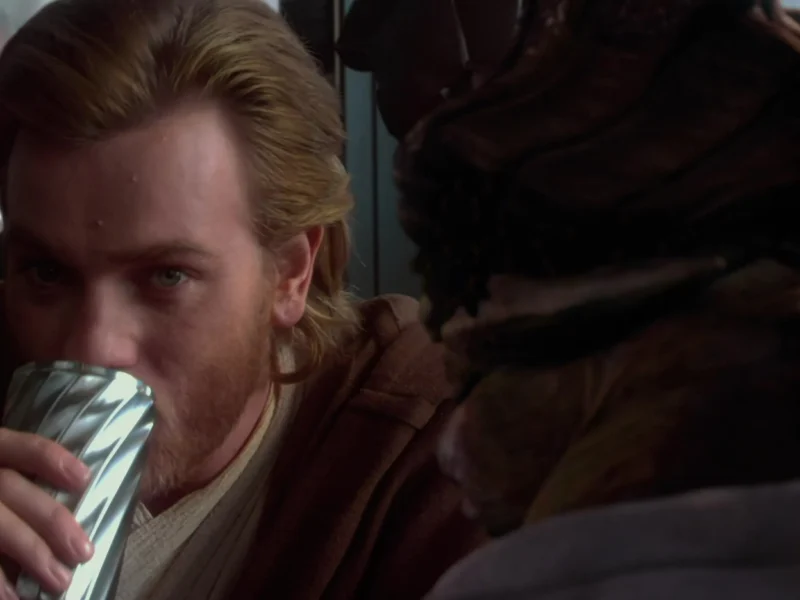
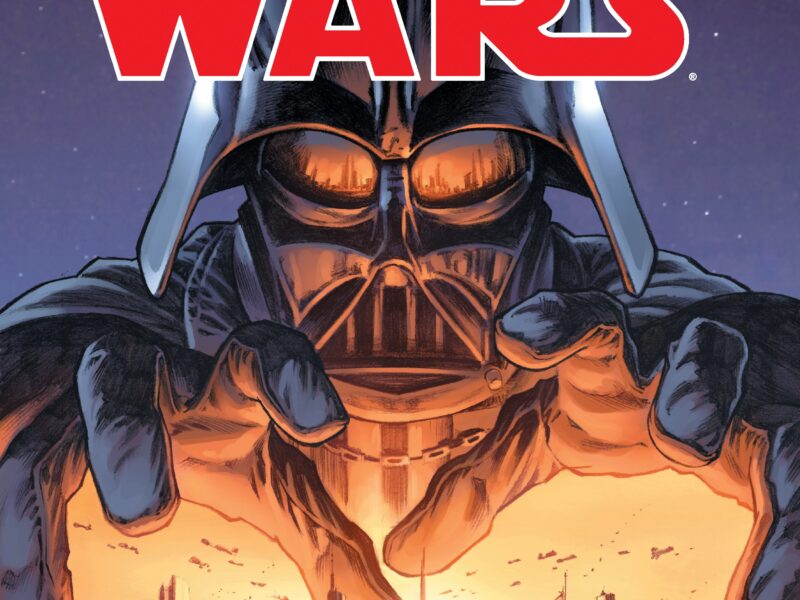
One thought on “The Ever-Present Life of the Monogatari Series [2009-2019]”